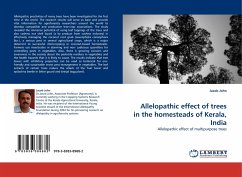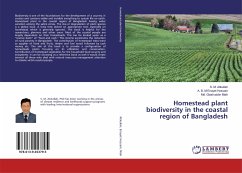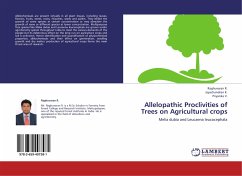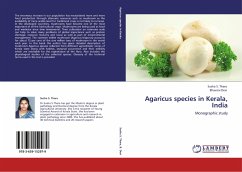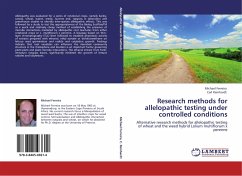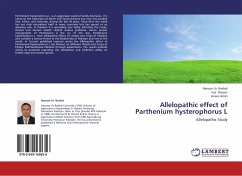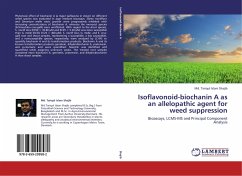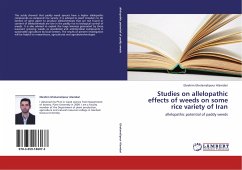Allelopathic proclivities of many trees have been investigated for the first time in the world. The research results will serve as base and provide vital information for agroforestry researchers around the world to develop compatible and productive tree-crop associations. The study revealed the immense potential of using leaf loppings of the trees and also cashew nut shell liquid (a by product from cashew industry) in effectively managing the coconut root grub (Leucopholis coneophora Bur.), a serious pest in several agricultural crops, which is a major deterrent to successful intercropping in coconut-based homesteads. Farmers use insecticides in alarming and non- judicious quantities for controlling pests in vegetables. Also, there is growing concern and awareness in the society about the pesticide residues in vegetables and the health hazards that it is likely to cause. The results indicate that tree leaves with inhibitory properties can be used as botanical for eco-friendly andsustainable insect pest management in vegetables. The leaf extracts of certain trees reduce the attack of the fruit borer and epilachna beetle in bitter gourd and brinjal (egg plant).

